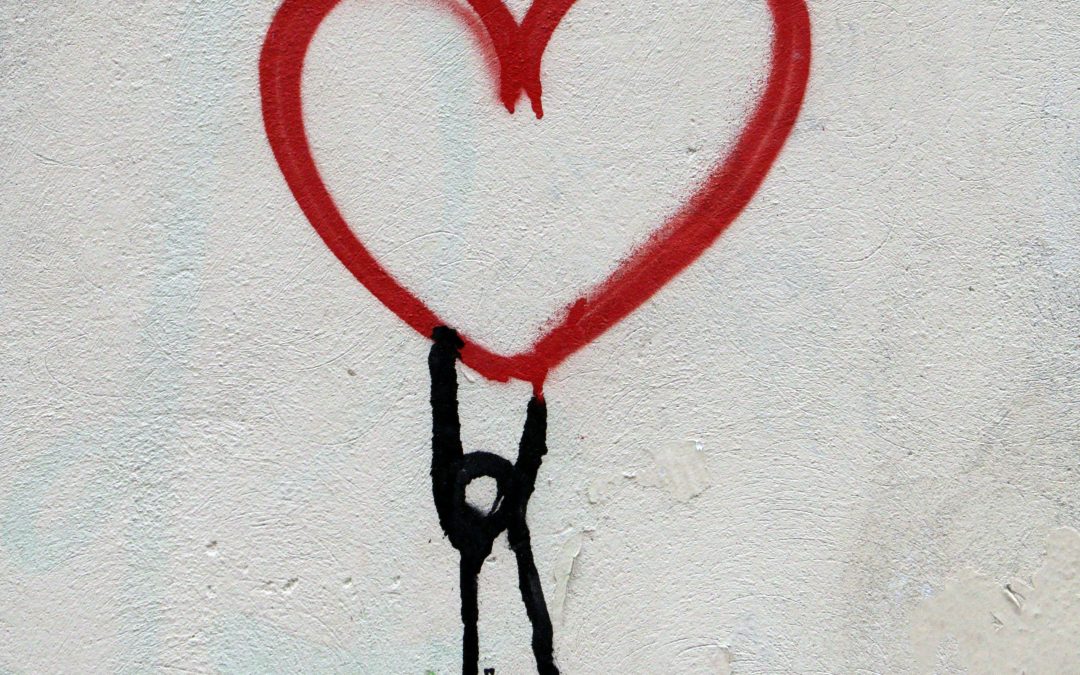Anxiety attacks are scary and confusing. Your mind races, your body reacts negatively and you fear something is wrong. Many go to emergency rooms, urgent care clinics or hospitals to see what’s going on. This article will talk about common symptoms of an anxiety attack and how to calm down before getting some extra help from a mental health professional.
What is an Anxiety Attack?
An anxiety attack is a problem that begins in your thoughts. I know, strange right? The thoughts you create in your mind can come out through your emotions, which then comes out through your body. If you think anxious thoughts, you feel anxious feelings, which then leads to anxious actions or in this case, an anxiety attack. An anxiety attack is felt in the body, but starts with the racing thoughts.
Common Symptoms of an Anxiety Attack.
The following are symptoms of anxiety attack:
- increased heart rate,
- increased temperature,
- heart racing,
- feeling on edge or fearful,
- racing thoughts,
- shortness of breath, and/or
- feeling as though you can’t breathe.
What does an Anxiety Attack Feel Like?
An anxiety attack will make you feel you can’t breathe and like there is something pressing firmly on your chest. Anxiety attacks are described by many as a stroke or small heart attack. It feels like your chest is in pain and something is wrong with your heart or lungs. You can’t catch you breath and begin to hyperventilate. Others times you feel you can’t breathe and worry you will pass out. Worse yet, is the fear of dying. These are the reasons many often go to a medical place first.
It’s usually with loads of medical testing and negative results doctors find it was likely an emotional or mental issue. It’s easy to understand when you take a step back. Look at the list of anxiety attack symptoms above- much of it involves your heart rate and breathing. Key word, heart and lungs. While we don’t have direct control over our heart and lungs, we do have control over something that controls those things.
How to Calm an Anxiety Attack
Breathing. Seems so simple right? Breathing is a quick way to control your heart rate. Deep belly breathing or diaphragmatic breathing is really helpful, especially on the front end of an anxiety attack. While it’s helpful to use deep breathing during an anxiety attack, for better results, use it before hand.
Essentially, when taking a deep breath in you make your belly go out, but keep your chest the same. When letting the breath out, you deflate your belly (like an empty balloon) while keeping your chest the same. Belly breathing is only one of many coping strategies to control an anxiety attack. Your counselor can help you find more ways.
Remember the mind is where the anxiety is beginning. The body is just the innocent bystander who got dragged along. If you want to learn how to control your anxiety, reach out to us today. It can be very difficult to manage anxiety all by yourself. It doesn’t have to be an anxiety attack every day or nearly every day before you get extra help. There are ways you can control your anxiety without anxiety controlling you.


Recent Comments